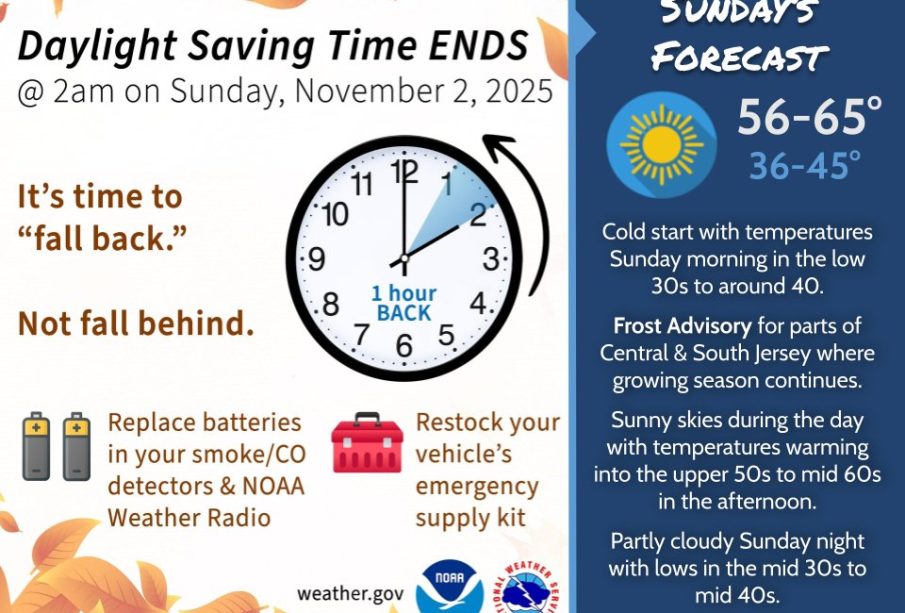Daylight Saving Time 2025: Understanding the Changes Ahead

Introduction to Daylight Saving Time
Daylight Saving Time (DST) is a practice that involves setting the clock forward by one hour during warmer months to extend evening daylight. It plays a crucial role in energy conservation, safety, and enhancing outdoor leisure activities. As the world looks toward 2025, understanding its implications becomes increasingly relevant.
Current Trends and Changes in DST
In 2025, Daylight Saving Time will begin on March 9 and end on November 2 in many regions including the United States. During these dates, clocks will be set forward one hour to effectively “save” daylight. This yearly adjustment impacts numerous sectors including energy consumption, agriculture, and even the health of individuals, prompting discussions on its necessity.
Recent studies indicate varying opinions regarding the effectiveness of DST. Proponents argue that extending daylight can lead to decreased energy consumption during evening hours and increased opportunities for outdoor activities. Conversely, critics argue that the disruption of natural sleep patterns can lead to health issues, including increased rates of heart attacks and sleep disorders.
Global Implications in 2025
As countries reevaluate their participation in Daylight Saving Time, the global landscape in 2025 could see significant changes. The European Union, for example, has been in discussions about abolishing the biannual clock change, fueling debates about harmonizing time zones especially as nations grapple with climate change and energy efficiency. Meanwhile, countries like India do not observe DST, highlighting a regional disparity in time management practices.
Conclusion: The Significance of Daylight Saving Time
As we approach 2025, the future of Daylight Saving Time remains a pertinent topic with implications for energy policy, health, and lifestyle. Individuals, businesses, and governments alike will need to reassess how these time shifts impact their daily lives. While some may welcome the extended daylight for outdoor activities and tourism, others may advocate for changes to better accommodate our natural rhythms and health. The ongoing debates will determine how we adapt to time management practices in increasingly variable climates.









